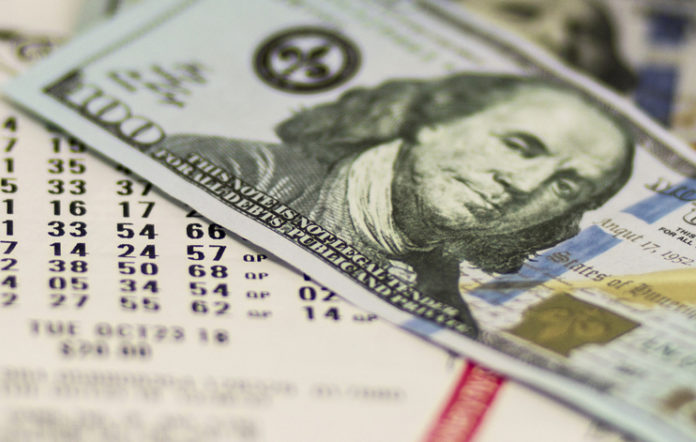There are recorded instances of established lotteries dating all the way back to the 1600s in the colonies that would one day become the United States. At that time, lotteries were held to help fund a town, much in the way they are used today.
These glorified raffles have a stigma surrounding them as it’s hard to distinguish playing the lottery from gambling. Yes, there are those who play it obsessively, displaying a gambler’s mentality toward it, but there’s a lot about the lottery that makes sense.
Throughout recorded history, the lottery has been key to economic growth in areas that have regulated it as a means to fund the region in which it’s held. Lotteries have directly funding schools, infrastructure and other vital parts of making an area run.
In the 1800s, lotteries had a number of detractors, most of them proclaiming moral reasons for their dissention. It didn’t help that there were a number of high-profile lottery scandals that saw crime syndicates pulling the strings. Public distrust grew to a fever pitch until in 1895 there was a national ban on all lotteries.
As would happen with Prohibition just a couple decades later, the ban resulted in a plethora of underground number games and street-run lotteries. If morality was a problem before, now it was an epidemic.
It wasn’t until 1934, when Puerto Rico saw the formation of the first government-run lottery. While this was a break-through of sorts for lottery advocates, we still wouldn’t see another official lottery in the States until 1964 when New Hampshire established their own.
This set off a litany of lotteries and resulted in the advent of scratchers in the 1970s. As it stands today, 45 states and Washington, D.C. run a legal lottery. As the general public and the U.S. government became more comfortable with the idea of a lottery, not to mention the revenue windfall it created, multi-state lotteries like Powerball and MegaMillions began springing up.
With the advent of the internet, and especially smartphones, we are just now seeing the introduction of the online lottery. As it is with the traditional lottery, online playing is regulated by the state in which its run. Some states allow you to sign up for a subscription that allows you to purchase tickets online, while other states don’t allow any version of online lottery playing.
From an underground racket to a government-regulated cash cow, U.S. lotteries have come a long way in the last 100+ years, and all signs point to more changes on the horizon.










